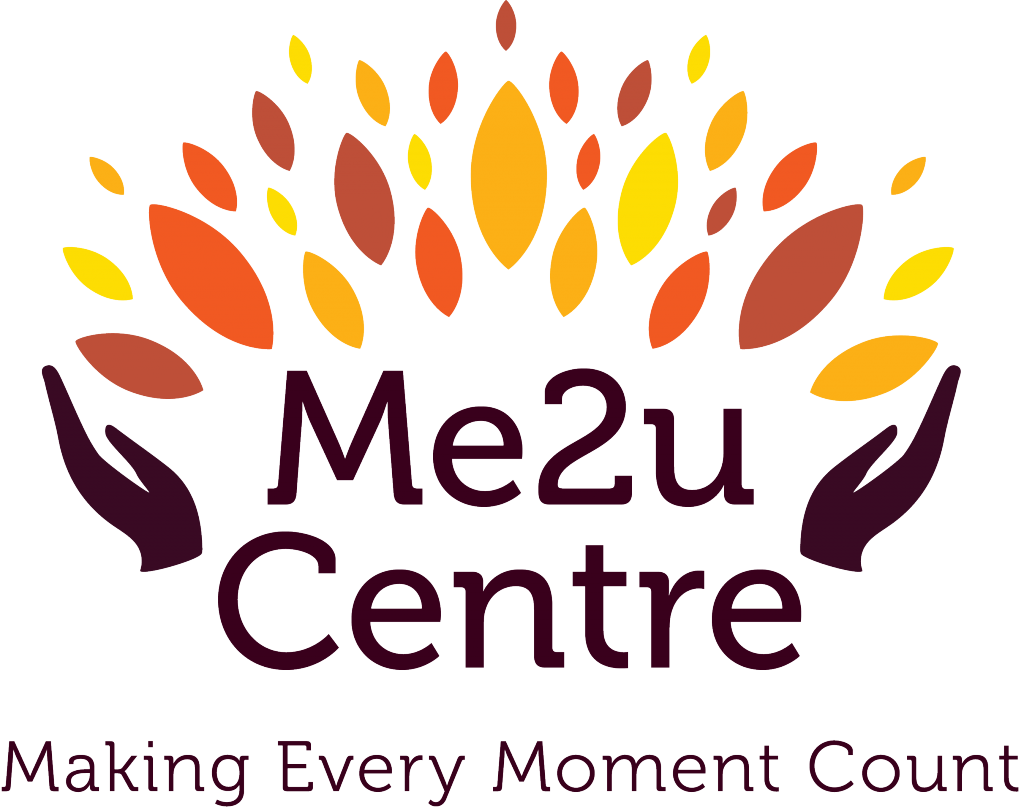Reminiscence activities are designed to generate positive feeling and get your loved one to open up using cues that can trigger memories from the past.
Since people with dementia retain their long-term memories much longer than more recent memories, many reminiscence therapies are based around experiences from their early life.
Types of therapy
There are different kinds of reminiscence therapy. Some that focus on general experiences from the past, e.g. wartime, their old neighbourhood or family life, while others deal with resolving internal conflict from the past and dealing with more complex emotional issues.
At Me2U, we tend towards the simpler, gentler version in group settings, but if your loved one is dealing with a troubling memory that keeps surfacing, we can advise you on how to help them.
Reminiscence therapy at Me2U
In our group reminiscence activities, we like to use all the senses.
This can be looking at pictures or objects that remind people of the past e.g. photos of old high streets or people in wartime army uniforms. We also use music and songs that take them back to their youth which gets them singing along. We also do craft activities that involve touching fabrics and other objects and sometimes, it can be smells and tastes that evoke memories. We’re all about creating environments conducive to recalling memories, such as our dementia pub and bistro. We also have a memory garden and a hair salon, which is something they will have enjoyed in their everyday life to date. We also have a men’s shed, the first specifically for people with dementia. This provides a familiar environment where our male guests can put their practical skills to good use.
Why use reminiscence?
The whole point is to help them connect with their own happy memories and this can even help family members learn something about their loved one that they didn’t know about.
It’s also about helping that person feel like their old self. This can be achieved by asking them to show you how to do something from their past life, eg a duty from a job. Since their procedural memory is often intact (the memory that helps you recall an action or a process) then they’re able to demonstrate how to do shorthand, for example, if they used to be a secretary.
Since they’re often on the receiving end of our love and care, it’s a pleasant experience for them when they can tell you a story about their life.
Benefits of reminiscence activities
- Helps person recall happy memories from the past
- Recalling a positive situation lifts their mood
- Frequent recollection helps them retain their old memories for longer
- Telling and listening to stories bonds family members with their loved one
- Sharing memories gives the person a sense that they are offering something of value
- Opens up the channels of communication
- Recalling the past improves self-esteem
Dos
- Use old photos, archive film footage from BFI Player or British Pathé or objects from the past as part of your reminiscence activities
- Get practical: using paint, modelling clay, papier mâché and other craft materials can be an enjoyable way to remember and involves movement, which can help with language skills.
- Include general topics from the past that are easy to talk about: food, holidays, jobs, old high streets and market places, cars, trains, trips and family life.
- Consider your audience – Not everyone has children, got married or celebrates Christmas, so open up the conversation to involve others if you’re in a group setting, e.g. by talking about Eid or Hannukah, looking after siblings or graduating from college.
- Make people aware of your loved one’s history in case something might be triggered. E.g. if someone lost a child, then a conversation around parenthood could become upsetting.
Don’ts
- Forget to consider religious or cultural differences or sexual orientation during reminiscence activities – Not everyone has had the same experience.
- Start by asking a question – Instead, share your story and invite your loved one to share theirs.
Recent Posts
- Engaging Activities for Dementia Patients: Keeping Fun and Connection Alive at Home
- Caring for the Caregiver: Ensuring the Well-being of Those Who Care for Dementia Patients
- Effective Dementia Therapies in the UK
- Spring Activities for Dementia Patients
- Cognitive Stimulation Therapy for Dementia Patients
